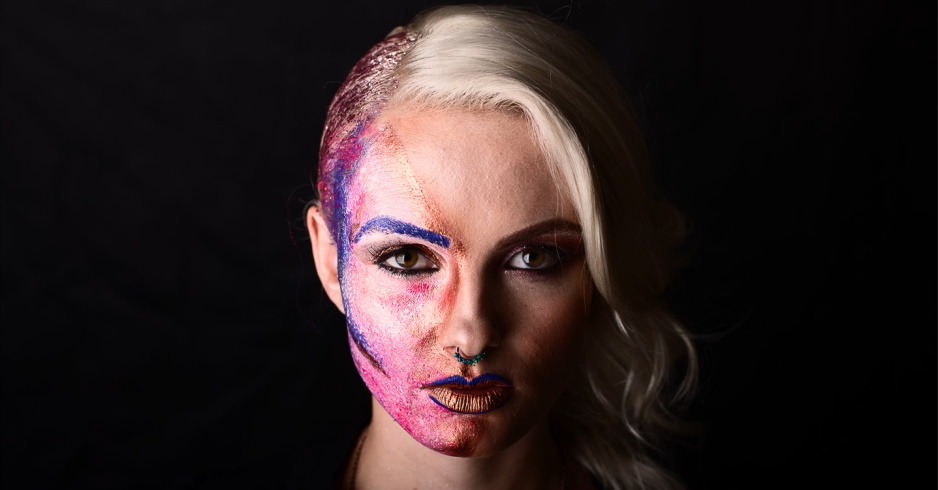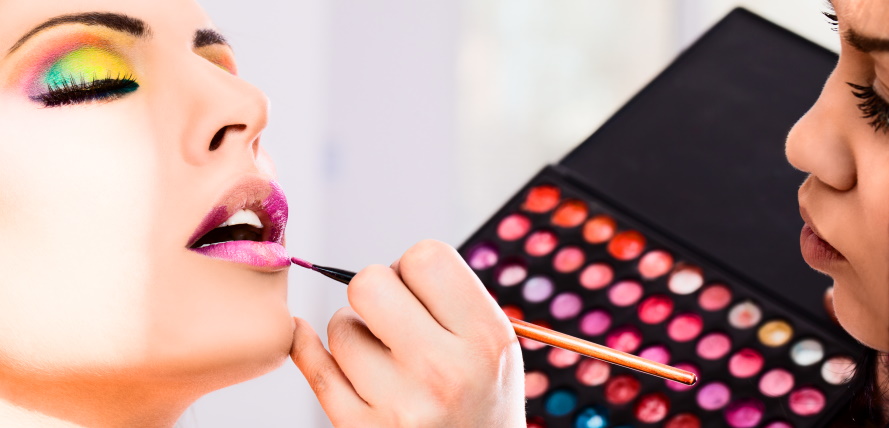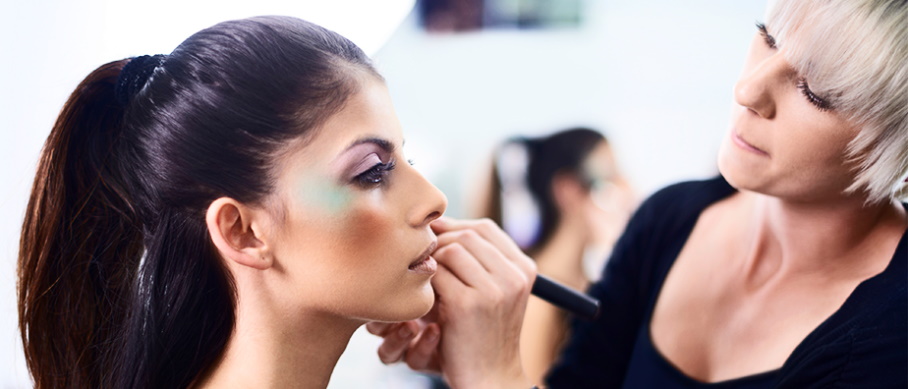
What Makes Stage Makeup Different from Film Makeup?
The difference between stage and film makeup is the level of detail that goes into each. Stage makeup has to last all day, but it does not have to look as natural or flawless. Film makeup requires a more detailed application for the actor’s face to appear exactly right on camera. The goal of both types of makeup is to make the person wearing it look good, though they are achieved differently.
I love to be creative. Whether through my artwork, baking, or even the way I do my makeup for work, while I like to think that I’m pretty good at makeup (my co-workers say otherwise), some differences between stage and film makeup can help out a novice like me.
Difference between stage & television makeup
Whether you are a makeup artist, actress, or model, it’s important to understand film and stage makeup differences. The first thing is that they require different types of products. Film makeup has a much longer wear time than stage makeup because it can last up to 12 hours under hot lights. Stage makeup generally lasts about two hours before needing touchups. While there are many similarities, such as the liquid foundation for both, film foundations have more pigment, making them thicker and providing better coverage for visible blemishes on camera. Another difference is the use of powder versus liquid blush for stage versus film, respectively; liquid blushes tend to be preferred by performers who need their makeup to stay put through perspiration and reapplication, whereas powder.

How to choose between movie and theatre makeup
The differences between film and stage makeup are not as well-known as the differences between film and stage costumes. Both mediums require their own unique approach, but there is a lot of crossover in terms of abilities required for both. For example, you need to be capable of creating hyperrealistic effects with makeup for film, but it’s also important that you’re able to create something that looks like nothing more than what someone who has perfect skin would wear daily onstage. These are just some examples of the skills needed by professional makeup artists; however, if you’d like to take your career in either direction or even both at different times throughout your life, then these tips can help guide you along the way.

Theaters and movie studios always look for the perfect look to convey a scene or enhance an actor’s personality. This responsibility falls on the shoulders of professional makeup artists, who have been tasked with creating stunning looks that will be seen up close by audiences everywhere. In addition to being highly talented in their field, they also need to know when certain colors work better depending on whether it is a film or stage production. Read on for a look at how each type of production requires its distinct style of makeup application. At one point in time, all productions used the same techniques, but stylistic changes were made over time, which led to different needs in terms of what makeup was required for each type of show.
